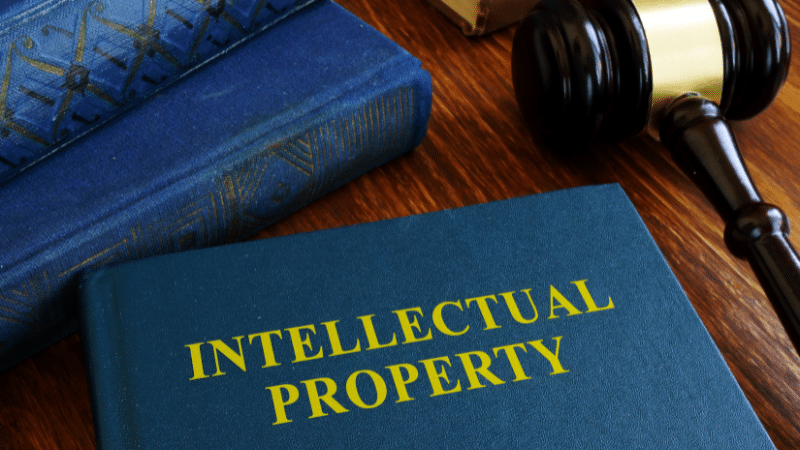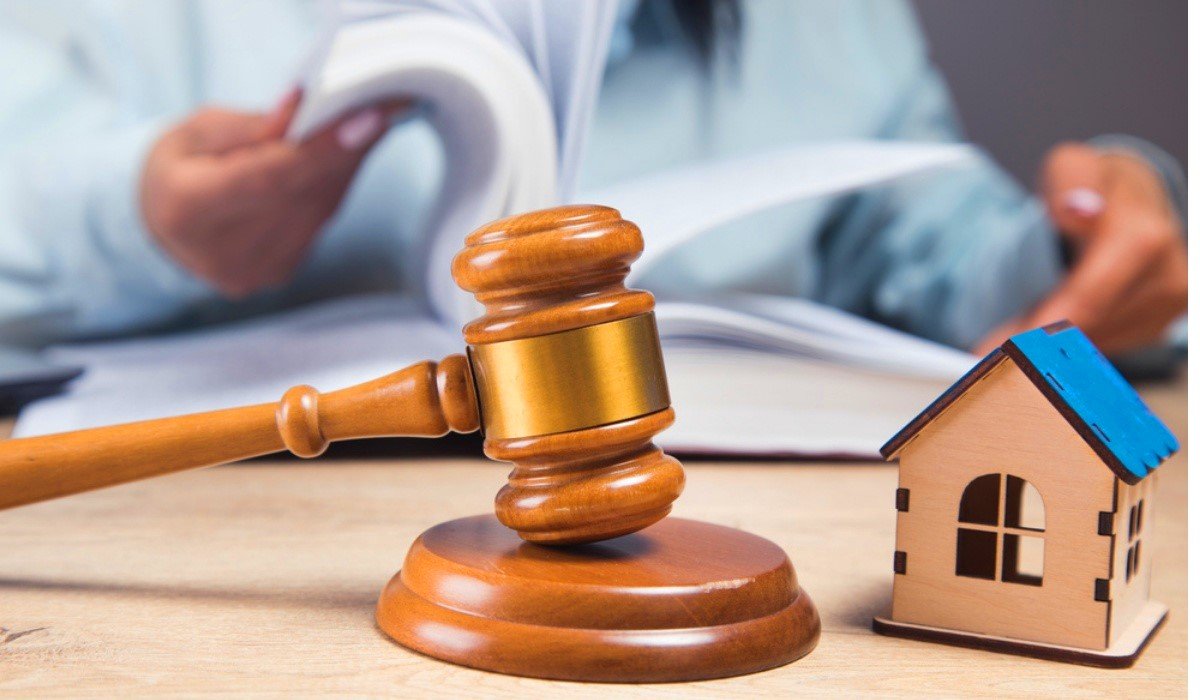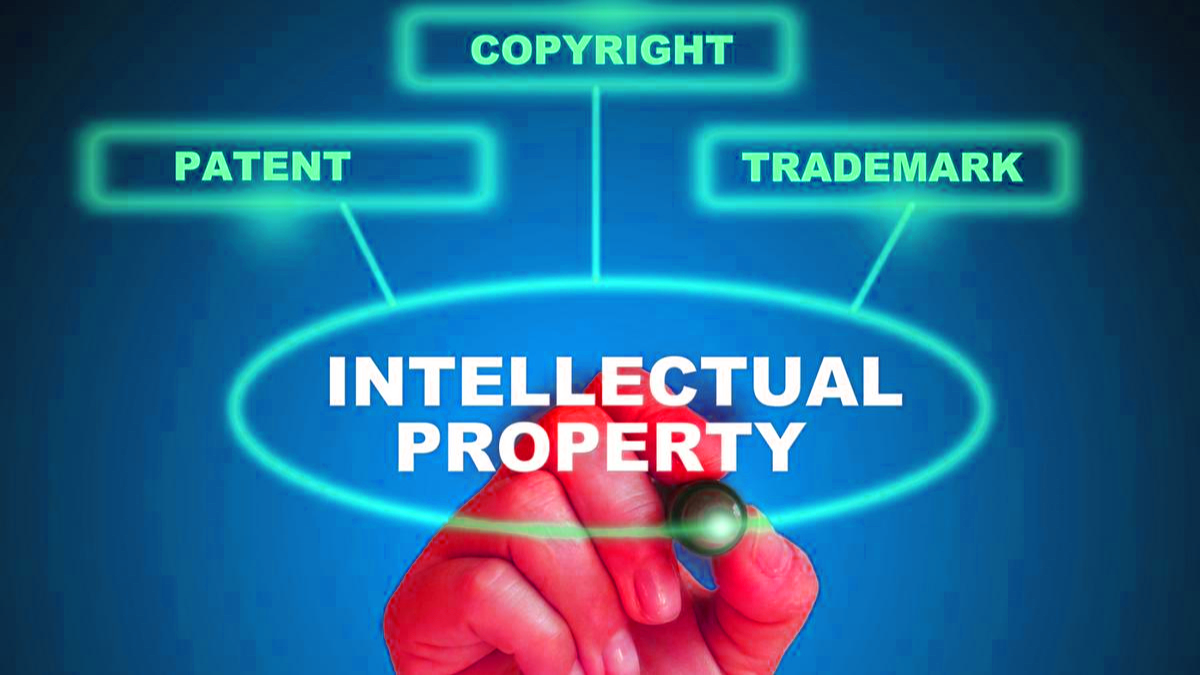Intellectual Property Disputes: Resolving Legal Issues
Intellectual Property Disputes can be complex. Learn how to resolve legal issues with effective strategies and expert solutions.

A growing number of disputes involving intellectual property arise in today’s innovation-driven society. Conflicts over intellectual property rights can emerge as companies and individuals develop and defend their original ideas, trademarks, and creative works, creating difficult legal difficulties. It is crucial to comprehend how to handle and settle these conflicts because they have the potential to affect anything from financial stability to the reputation of a company.
In order to effectively handle intellectual property conflicts, a strategic approach must be taken, which includes determining the nature of the disagreement, obtaining legal advice, and investigating potential means of resolution such as mediation or litigation. Understanding the different kinds of intellectual property conflicts and how to settle them will help you better defend your rights and reduce any hazards. This book offers advice on how to handle these legal concerns and make sure your intellectual property is protected.
Intellectual Property Disputes
Patents
Trademarks
Copyrights
Protection for original works of authorship, such as literary, musical, and artistic creations.
Trade Secrets
Common Types of IP Disputes
Trademark Infringement
Trademark disputes arise when one party uses a mark that is confusingly similar to a registered trademark owned by another party. Such disputes often involve issues of brand identity and market confusion, where the owner of the original trademark seeks to prevent unauthorized use and seek damages for any harm caused.
Patent Infringement
Patent infringement disputes occur when someone makes, uses, sells, or imports a patented invention without permission from the patent holder. These disputes can be complex, involving technical details about the patent’s claims and the alleged infringing product or process.
Copyright Infringement
Copyright disputes involve unauthorized use or reproduction of original works of authorship, such as books, music, films, or software. These disputes can cover a wide range of issues, from copying and distribution to adaptation and public performance.
Trade Secret Misappropriation
Trade secret disputes occur when confidential business information, such as formulas, practices, or customer lists, is wrongfully acquired, disclosed, or used without permission. These cases often involve allegations of espionage, breach of confidentiality agreements, or theft by former employees or competitors.
Steps to Resolve IP Disputes
Assess the Situation
Begin by evaluating the nature of the dispute. Determine which type of IP is involved and gather all relevant documentation. This includes patents, trademarks, copyrights, and any evidence of infringement.
Seek Legal Counsel
Consulting with an IP attorney is essential. A lawyer specializing in intellectual property can provide valuable insights into the strength of your case and the best course of action. They can also help you navigate the complexities of IP law and represent your interests.
Explore Settlement Options
Before escalating the dispute, consider alternative dispute resolution (ADR) methods such as mediation or arbitration. These methods can be less adversarial and more cost-effective than traditional litigation. Mediation involves a neutral third party who helps facilitate a settlement, while arbitration involves a neutral arbitrator who makes a binding decision.
File a Lawsuit
If ADR methods do not resolve the dispute, filing a lawsuit might be necessary. This involves formally presenting your case in court. Your attorney will help you prepare legal documents, gather evidence, and present your case before a judge or jury.
Prepare for Trial
In preparation for trial, ensure that all evidence is well-organized and that your arguments are clear. Your attorney will assist in developing a strong case strategy and preparing for cross-examinations.
Consider Appeals
If the trial does not yield a favorable outcome, you may have the option to appeal. Appeals involve asking a higher court to review the decision made in the original trial. This process can be complex and requires a thorough understanding of appellate law.
Tips for Preventing IP Disputes
Register and Protect Your Intellectual Property
Registering your intellectual property with the appropriate authorities is a fundamental step in protecting your rights and preventing disputes. For patents, trademarks, copyrights, and trade secrets, the registration process provides official recognition and legal protection. This not only establishes your ownership but also creates a public record that can deter potential infringers.
Monitor and Enforce Your IP Rights
Regular monitoring of the market and industry for potential infringements is essential for early detection of IP violations. This involves keeping an eye on competitors, conducting periodic IP audits, and utilizing monitoring services to track unauthorized use of your intellectual property. When you identify possible infringements, take prompt action to enforce your rights. This can include sending cease-and-desist letters, negotiating settlements, or pursuing legal remedies if necessary.
Draft Clear and Comprehensive Agreements
When collaborating with others, whether through partnerships, licensing agreements, or employment contracts, it is crucial to draft clear and comprehensive agreements regarding intellectual property. These agreements should outline the ownership of IP created during the collaboration, usage rights, and responsibilities of each party. Clearly define terms related to IP creation, modification, and protection to avoid misunderstandings and potential conflicts.
Read More: Healthcare Law News: Regulations and Trends
Conclusion
Although intellectual property conflicts can be difficult and complicated, their effects can be greatly reduced by being aware of the procedures and choices available for settlement. Effectively addressing and resolving these challenges requires having a clear plan and skilled legal counsel, regardless of the method used—litigation, mediation, arbitration, or negotiation. You can protect your inventions and steer clear of pricey legal disputes by being proactive in managing and enforcing your intellectual property rights.
In the end, settling intellectual property issues calls for meticulous planning, a deep comprehension of the law, and a dedication to safeguarding your intellectual property. You may handle these conflicts more skilfully and protect the integrity of your intellectual property by according to the procedures in this guide and getting expert assistance as required.
FAQs
What are intellectual property disputes?
Intellectual property disputes involve conflicts over the ownership or use of patents, trademarks, copyrights, or trade secrets. These disputes often arise when one party alleges that another is infringing on their IP rights.
How can I resolve an intellectual property dispute?
Resolving an IP dispute typically involves assessing the situation, seeking legal counsel, and exploring options like mediation or arbitration. If these methods fail, filing a lawsuit might be necessary.
What is the role of mediation in IP disputes?
Mediation is a form of alternative dispute resolution where a neutral third party helps the parties reach a mutually acceptable settlement. It can be a cost-effective and less adversarial option compared to litigation.
When should I consider litigation for an IP dispute?
Litigation should be considered if other resolution methods, such as negotiation or mediation, do not resolve the dispute. It involves presenting the case in court and can be more time-consuming and expensive.
How can I prevent intellectual property disputes?
Prevent IP disputes by registering your intellectual property, monitoring for potential infringements, and drafting clear agreements with collaborators regarding IP rights and usage.











